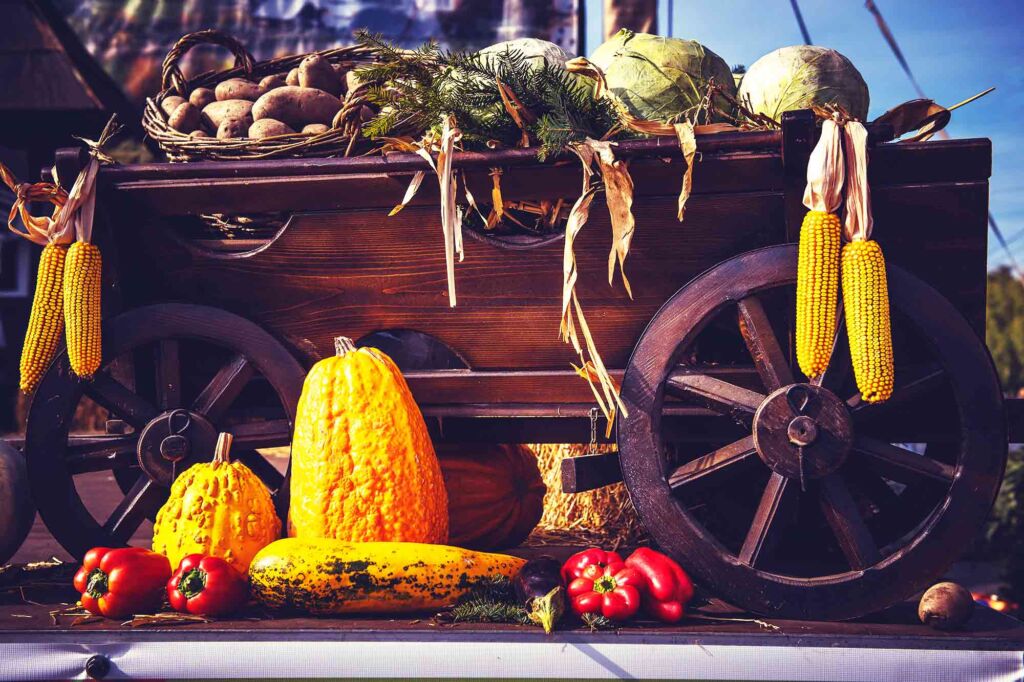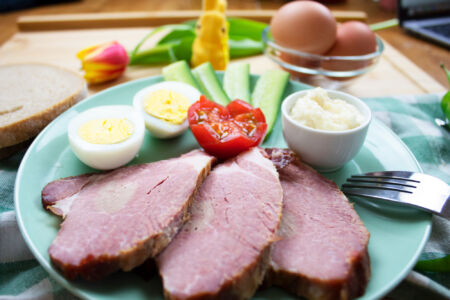If you prepare your food from local fruits and vegetables grown in the season, you will not only eat healthy, but you will also enjoy the following benefits:
- You always have access to the freshest and most vitamin-rich foods
- You can eat vegetables and fruits of high nutritional value and rich in nutrients, since the goods do not travel thousands of kilometers from distant countries to get here
- You can typically buy seasonal fruits and vegetables at a lower price
- You can support local producers
Here is a list of some vegetables and fruits that can form the basis of an optimal diet for us in fall season
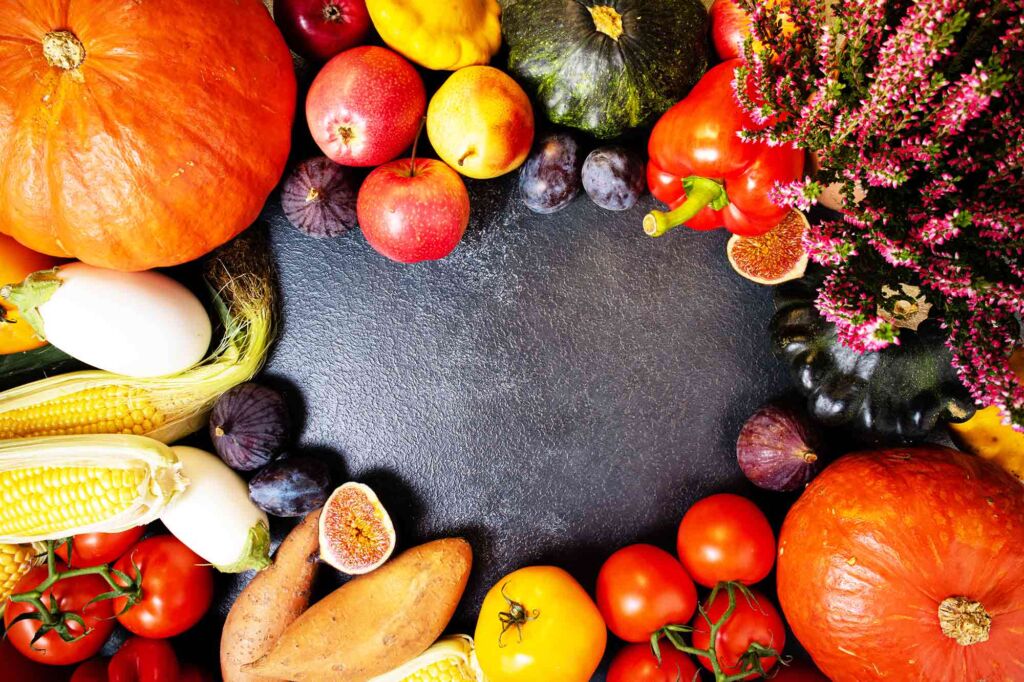
Cauliflower
Cauliflower is a cruciferous vegetable that is abundant in fiber and B vitamins by nature. It contains antioxidants and phytonutrients that can help prevent cancer. It also includes fiber, which aids in weight reduction and digestion, choline, which is necessary for learning and memory, and a variety of other critical nutrients.
Cauliflower Roll With Cream Cheese (Video)
I think all of us we paid a little too much attention to the meats and sometimes i think not just just little, but it is too much attention.
Kale
Kale contains unusually high quantities of vitamins A, C, and K; one cup of chopped kale contains far more than your daily intake of these vitamins. It is also high in Vitamin B6, calcium, thiamine, folate, iron, and other minerals.
Irish Mashed Potato With Kale (Video)
Colcannon, a traditional Irish dish, is a celebration of the humble potato and the ideal accompaniment to any meal. It’s irresistibly delicious, try it once and you’ll be hooked!
Cabbage
Cabbage has one gram of fiber for every ten calories. This fills you up so you eat less. It also keeps you regular and may help decrease your "bad" (LDL) cholesterol and blood sugar management. Cabbage also contains nutrients that help to maintain the strength of the lining of your stomach and intestines.
Egg Noodle With Cabbage (Video)
My mother and/or grandmother used to make wide cuts and then cut squares. We also call them “cabbage squares”.
Pumpkin
Pumpkin is extremely nutritious since it is high in vitamins, minerals, and antioxidants. Furthermore, its low calorie level makes it an ideal weight-loss snack. Its minerals and antioxidants may strengthen your immune system, protect your vision, reduce your chance of some cancers, and support heart and skin health.
Creamy Butternut Squash Soup (Video)
Butternut squash and/or pumpkin and cold weather go together like they were made for each other—which, really, they were.
Walnut
Walnuts are a highly nutritious nut. They have much more healthful omega-3 fats and stronger antioxidant activity than any other popular nut. This nutrient-dense composition adds to the numerous health advantages linked with walnuts, such as decreased inflammation and lowered risk factors for heart disease.
Delicious Chocolate – Walnut Birthday Cake (Video)
This cake was made for my daughter birthday. It is actually a chocolate cake, but we added some walnut, that’s why this is our creation. It turned out as a dream cake.
Apple
Apples are a very nutritious fruit with several health advantages. They include a lot of fiber and antioxidants. Eating them has been associated to a decreased risk of a variety of chronic diseases, including diabetes, heart disease, and cancer. Apples may also help with weight loss and gut and brain health.
Simple And Tasty Apple Pie In 5 Minutes (Video)
Apple and cinnamon wrapped in crust pastry – the world’s best flavour combination.
Red cabbage

Anthocyanins, which are responsible for the red-orange to blue-violet hues observed in many fruits and vegetables, are present in red cabbage. A higher consumption of anthocyanins and other phytochemicals has been related to a decreased risk of cardiovascular disease in population-based studies.
Pear
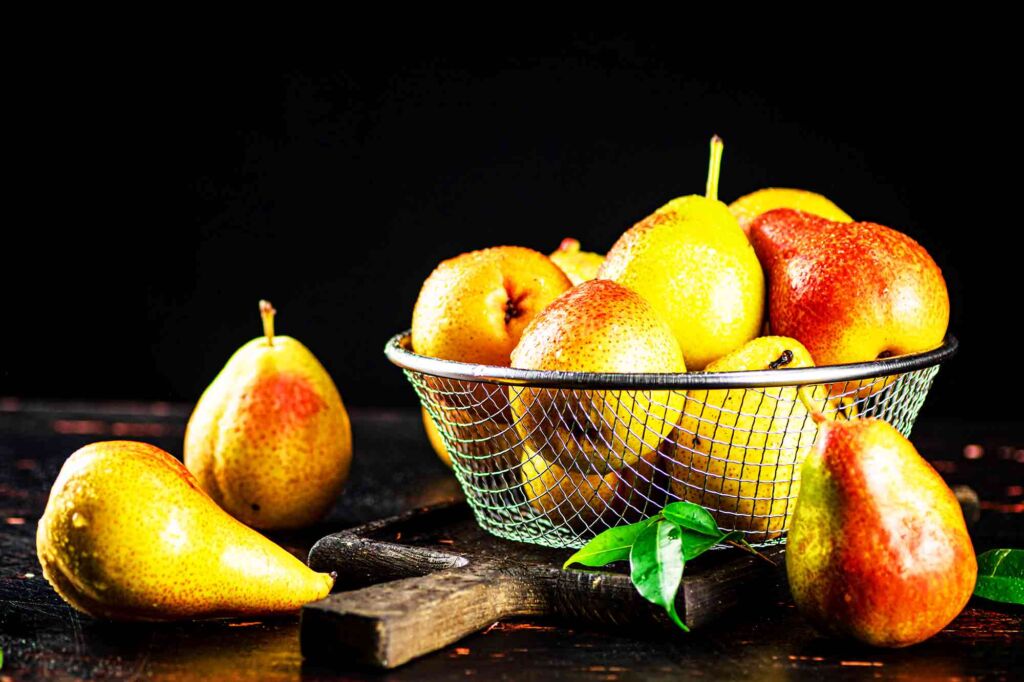
Pears are a high-fiber, vitamin-rich fruit that also contains helpful plant components. These nutrients are considered to help with inflammation, gut and heart health, illness prevention, and even weight loss.
Dry beans
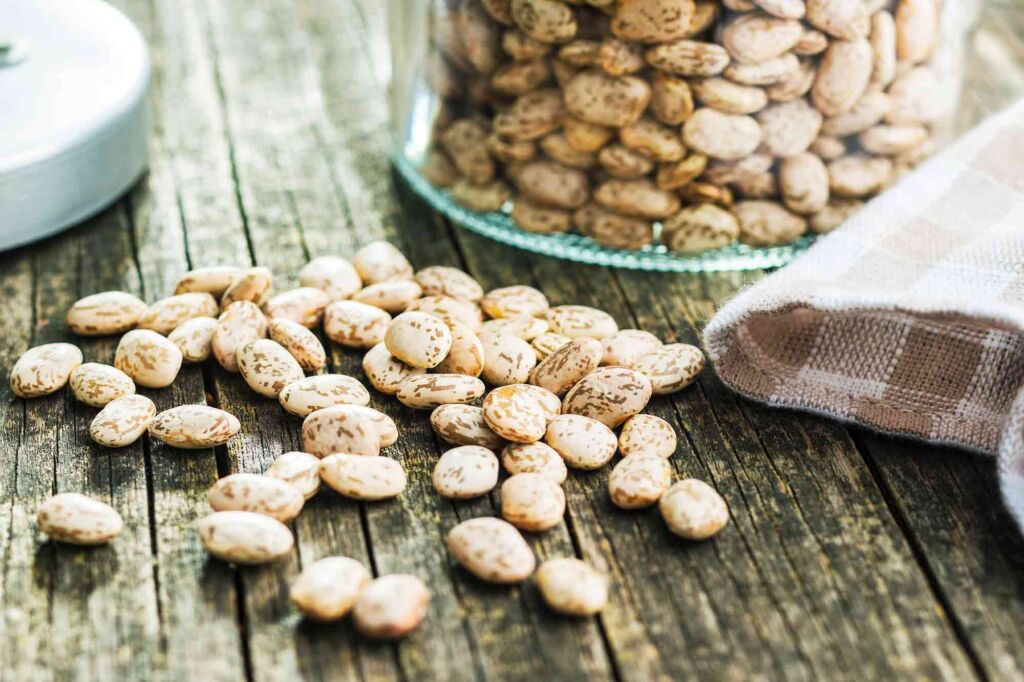
Beans are an excellent source of fiber. This is significant since most people do not consume the required 25 to 38 grams per day. Fiber aids in digestion and appears to protect against heart disease, high cholesterol, high blood pressure, and digestive disorders.
Grapes

Grapes are high in potassium, a mineral that aids in fluid equilibrium in the body. Potassium can help decrease your blood pressure and risk of heart disease and stroke. Because most people don't receive enough of this vitamin, eating grapes can help.
Eggplant
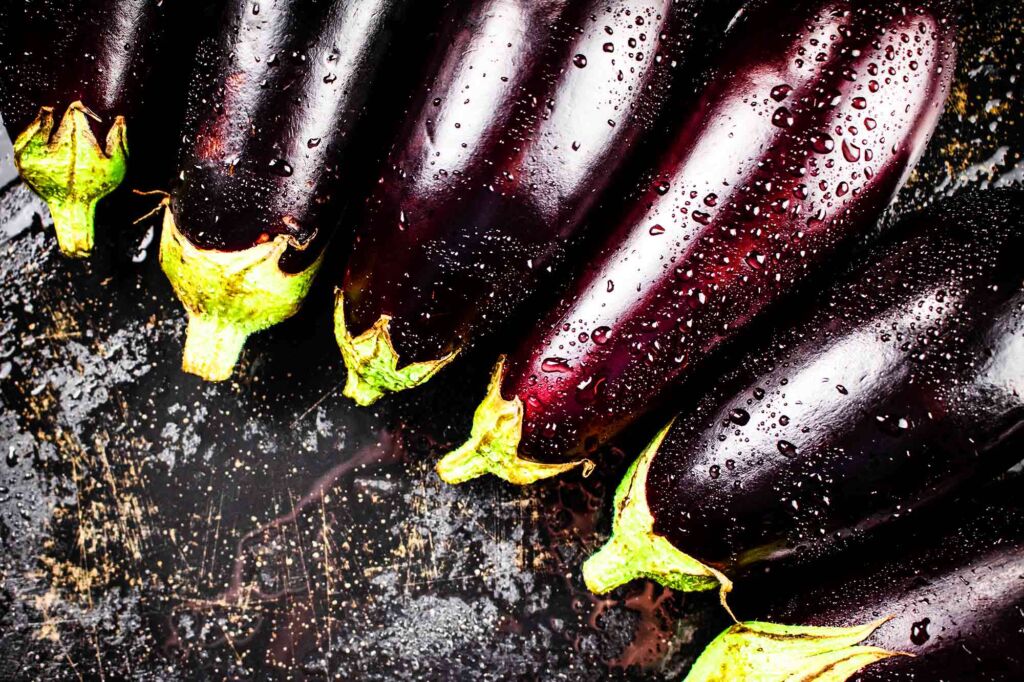
Eggplants are high in antioxidants and fiber. A serving of eggplant has at least 5% of a person's daily fiber, copper, manganese, B-6, and thiamine requirements. Other vitamins and minerals are also present. Furthermore, eggplants contain phenolic chemicals that function as antioxidants.

